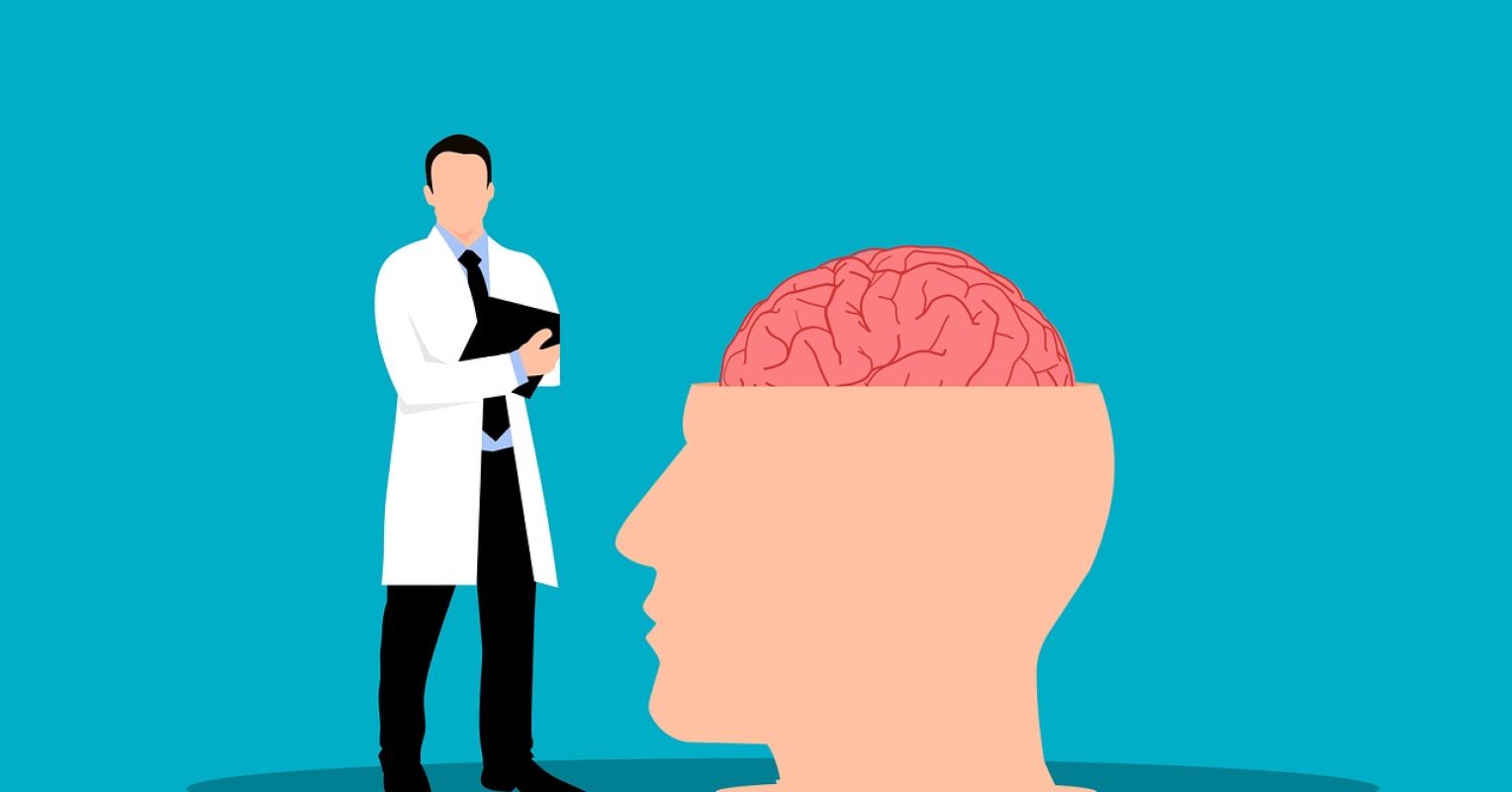
"The individual in this state is confused and, even worse, terrified. Whereas joy once felt within reach, anhedonia diminishes one's sense of agency."
"Perfectionistic patients...spend much of their time progressing, relentlessly chase joy; their lives are organized around pleasure-seeking, even though their form of pleasure tends to be less physical."
"The reasons...are bio-psycho-social. The most fundamental one is hedonic adaptation, famously characterized as 'the hedonic treadmill.'"
Anhedonia, the inability to feel pleasure, often perplexes those experiencing it, especially perfectionists whose high standards and shame obstruct happiness. This chronic emptiness may stem from their relentless pursuit of joy, leading to disillusionment. The article explains how factors like biology, personal history, and psychological perspectives contribute to this experience, emphasizing the concept of hedonic adaptation, where once-pleasurable achievements become mundane. The good news is that perfectionists can learn to embrace happiness into their lives, despite the barriers to joy caused by their perfectionism.
Read at Psychology Today
Unable to calculate read time
Collection
[
|
...
]